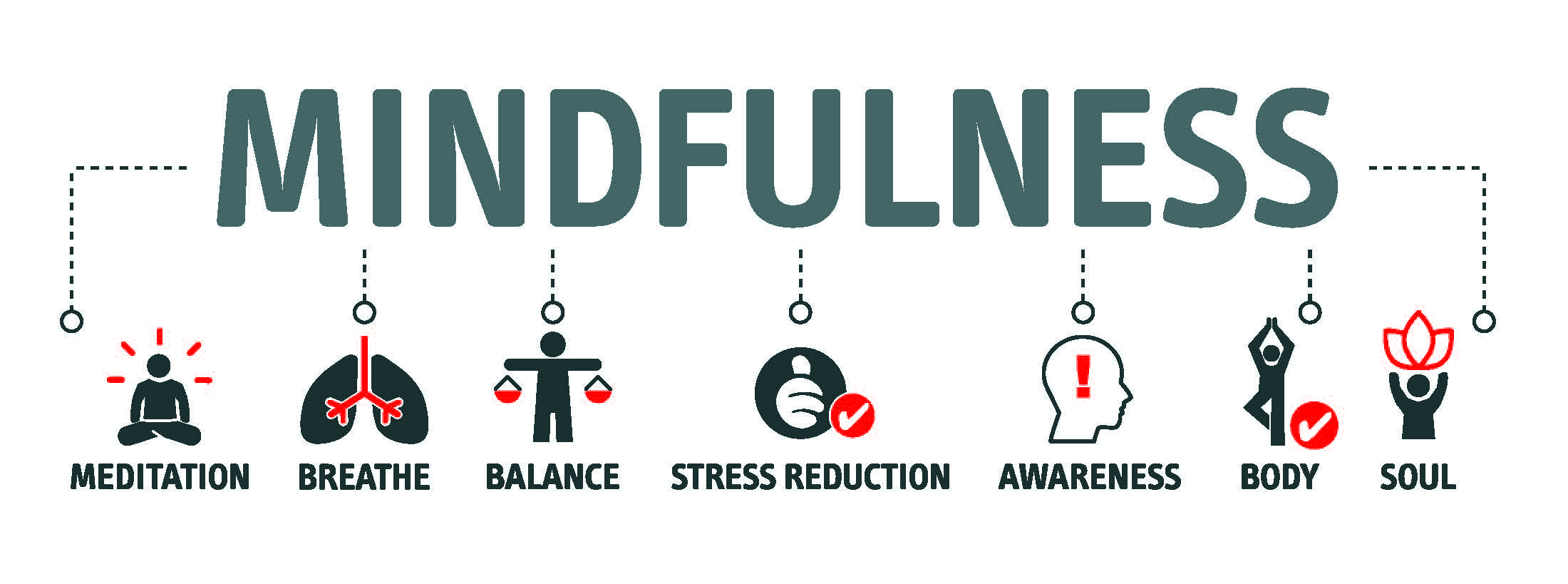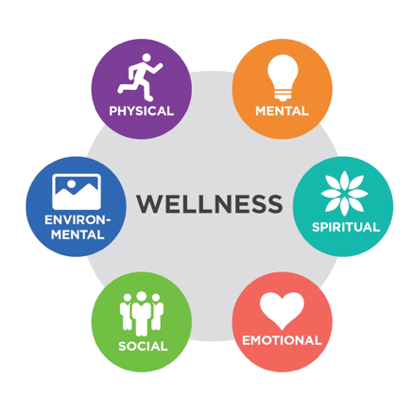Mindfulness
“Mindfulness is paying attention to the world around you in a kind, non-judgmental way.”
“Mindfulness is paying attention to the world around you in a kind, non-judgmental way.” This definition was coined by American doctor John Kabat-Zinn in relation to the secular way of teaching some of the practices of meditation for the purposes of helping patients at the University of Massachusetts Hospital skillfully manage chronic pain in a program he called Mindfulness Based Stress Reduction. The mindfulness practice that we teach is heavily influenced by his work.
He started that program 50 years ago, and since then the practice of secular Mindfulness practice has been proved to increase the quality of life for people from many different walks of life. In addition, it has been shown to increase emotional control, reduce stress, improve positive self-concept, and boost positive interactions. Furthermore, it has been shown to have the following health benefits: improving immune function and heart function, including decreasing cholesterol and blood pressure. It also prevents inflammation and improves coordination. Magnetic resonance imaging studies have shown that it actually increases growth in some parts of the brain.
The gift of mindful awareness is that it helps us to live our daily lives more skillfully. As we engage in the tasks of driving to work, waiting in line, parenting, teaching, or brushing our teeth, we get the ability to be aware when we are walking or breathing that help us to increase our daily experience of joy and happiness. So, when life sends difficulties and challenges our way, we have tools and an emotional reserve to draw from that helps us to care for our despair or other strong feelings. This makes more room for freedom, space, and love in our experience.

Mindfulness Course offerings include:
-
Mindfulness for Adults: Free Introduction, Drop-in courses, and an 8-week course series
-
Mindfulness for Young People: Practicing Mindfulness with Young Children for Parents and Educators, and Mindful Story Time
Wellness
Wholistic wellness for adults has as its pillars physical, emotional, spiritual, social, occupational, environmental, financial, and intellectual components. Ideally, if one has had a balanced social and emotional education as a young person, one emerges with skills for healthy living in all these areas. A balanced life has similar levels of energy invested in each of these areas, resulting in a life where one is able to impact the world to achieve what one considers important and of value, while enjoying this life.

Well teachers and well parents have skills that they can apply with artistry to living and working with young people.
.png)